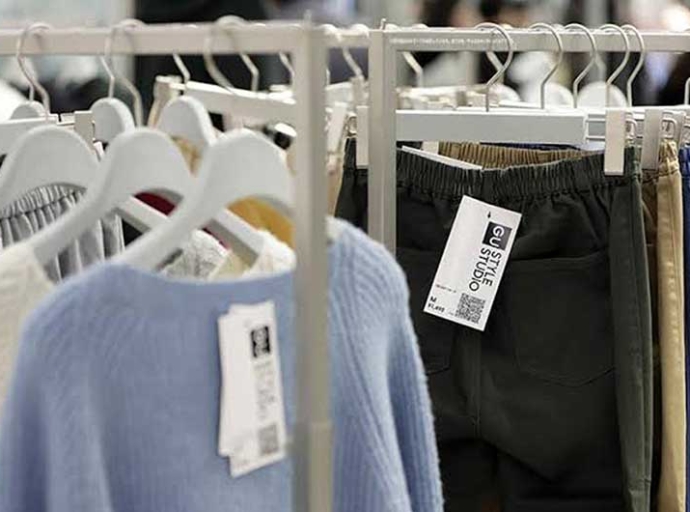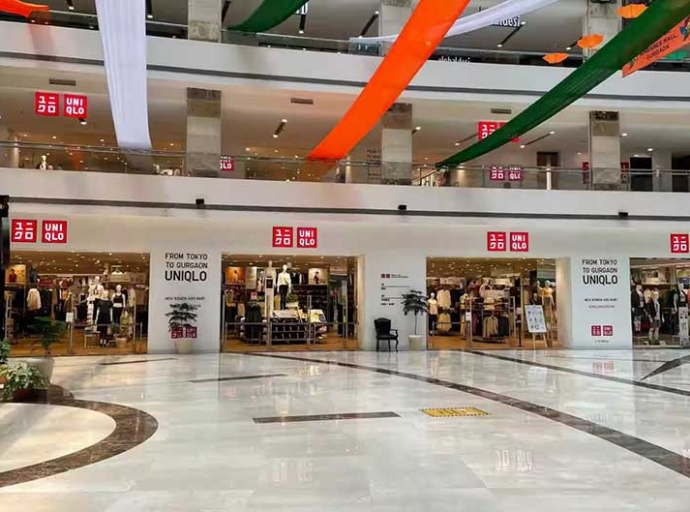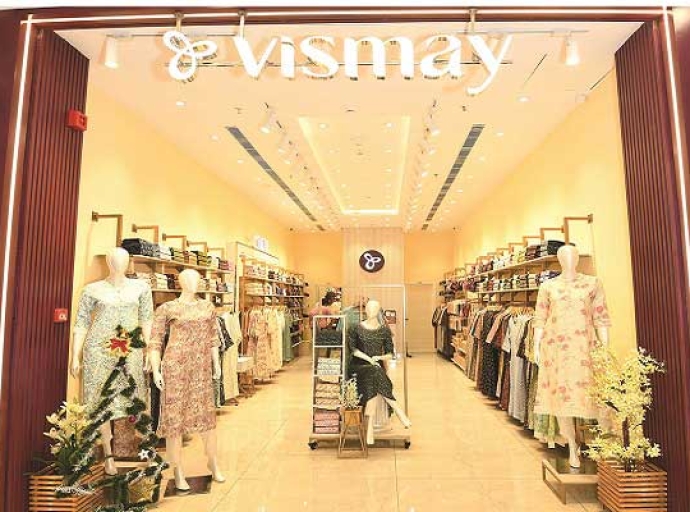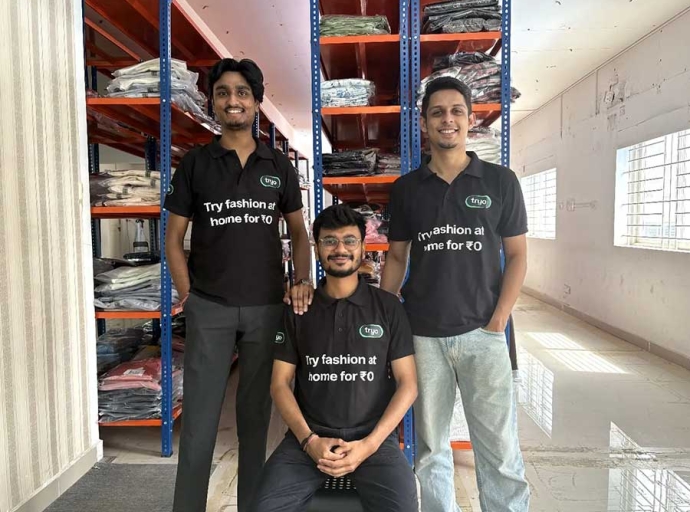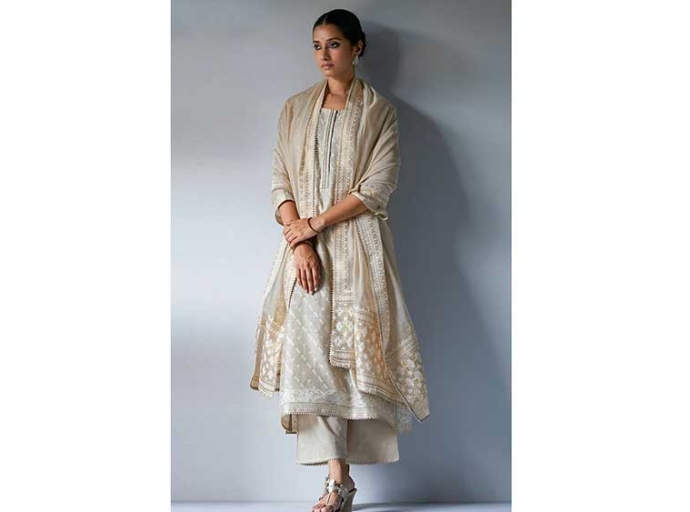From casual to need-based, COVID-19 changes consumer’s shopping habits

Shopping, the favorite hobby of many Indians; especially women, is undergoing a paradigm shift with the pandemic altering not just the modes of shopping, but the products being bought. While COVID-19 has spurred demand for products such as hair color, hand sanitizers, eye-make, computer accessories, instant noodles, loungewear and sleepwear, demand or formal wear, lipsticks and sunscreens, has dipped.
Push in demand for skin and haircare products
The outbreak and subsequent lockdowns has increased demand for skin and hair care products. Herbal beautycare brand Kama Ayurveda is seeing increased demand for its Organic Hair Color Kit while beauty salon Kaya is witnessing a push in demand for functional products such as acne, anti-ageing, hair loss and dandruff treatment solutions. The Body Shop has also seen a rise in demand for its anti-bacterial skin care range of Tea Tree products.
However, there has been a noticeable dip in demand for sunscreen lotions as people are not stepping out of their homes, says Gaurav Singh, Managing Director, Khadi Natural. Demand for mood-boosting and wellness-oriented products is also rising as consumers seek ways to de-stress themselves from the virus, adds Neha Rawla, Head-Brand Communications, Forest Essentials.
Sanitization, home décor gains importance
A category that has gained a lot of importance during this time is of sanitization products including hand cleansing solutions, including hand soaps, sanitizers and moisturizing cream, says Rawla. To cater to this demand, Nykaa launched has launched a wide range of hand sanitizers, hand wash, masks, PPE suits and disinfectant sprays for cleaning vegetables and fruits, and home and travel needs.
Umashan Naidoo, Westside’s Head Cosmetics & Head of Customer also observes an increase in the sale of home decor products. As people set up offices at homes, they are spurring demand for study tables and chairs, said Rajat Mathur, Business Head, Godrej & Boyce. The company is in the process of designing small and compact work-from-home ecosystems. Its office-décor band Godrej Interio is also designing couches and beds with platforms to enable people to place their laptops and a host of other WFH accessories.
Emphasis on comfort over style
In apparel and clothing, demand for formal pants, shirts and dresses, and accessories such as ties, socks and belts is on a decline. Consumers are preferring comfort over trend, points out Tanvi Malik and Shivani Poddar, Co-founders, FabAlley, a women’s fashion brand which has launched a WFH collection, featuring preppy shirts, versatile blouses and keyboard-up formal top wear.
There is also a surge in demand for loungewear, casualwear and sleepwear categories. Marks & Spencer is seeing increased demand for women’s T-shirts, casual blouses and tops along with its casual linen bottoms. Demand for the brand’s non-wired bras has also increased with its Flexifit fabric Crop Top bra becoming one of its top sellers. FabAlley is noticing an increase in sale of cotton-based separates, T-shirts and bottoms while Benetton India is witnessing a huge pull towards knits across categories.
Another favorite category amongst consumers these days is activewear. This can be seen from the increased demand for sweatpants, joggers and coordinated pajama sets by Lingerie brand Zivame. Fashion masks have also emerged as a new category in the last 40 days. While Myntra has already launched its range of personal protective masks Madame plans to launch a new collection of co-ordinated T-shirts and masks in August.
Latest Publications



